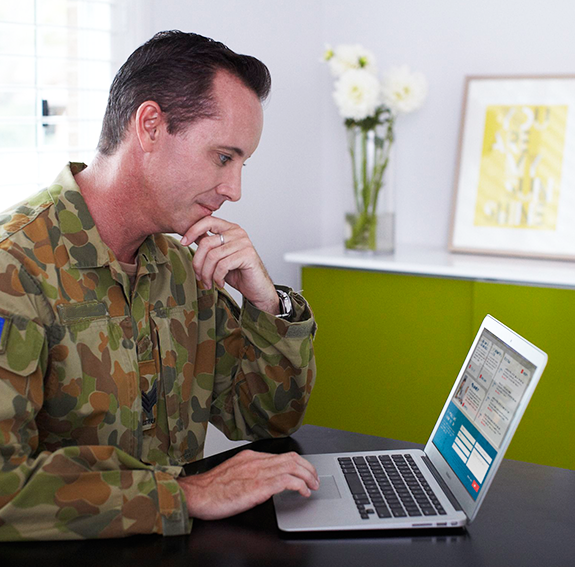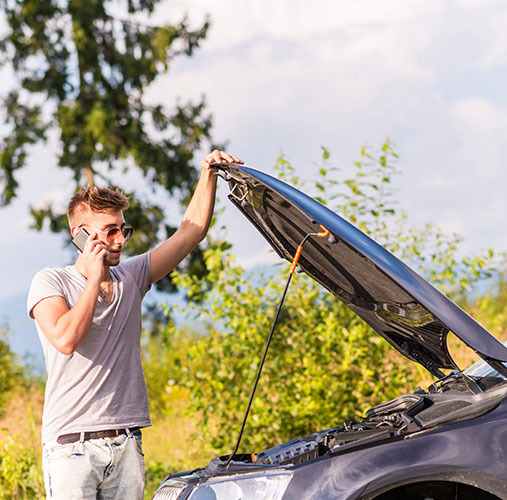STEP 1
Do your research

STEP 2
Plan your budget
Whether you’re planning to buy a cheap second-hand model or a brand-new Land Cruiser, working out your finances is an important step in your car-buying journey.
You’ll need to consider:
- The purchase price of your new or used car
- Insurance cover
- Vehicle registration
- Regular servicing costs
- Ongoing petrol costs
- Replacement tyres
Some cars are more expensive than others when it comes to insurance and future servicing; for example, it can be difficult to source parts for some European or vintage cars.
If you’re buying a motorcycle, don’t forget to include the cost of buying a helmet and other protective riding gear.
If you’re considering taking out a car loan, consider how much you need to borrow and how you’ll manage your loan repayment. Most car loans allow you to make repayments on a weekly, fortnightly or monthly basis.
Check out our car loan repayment calculator

STEP 3
Try before you buy
as often you can get a better deal at certain times of year.
- Check the car’s history report for any issues
- Review the car’s logbook to see that all services have been recorded
- Ensure the Vehicle Identification Number (VIN) and registration match the vehicle make and model
- Check the Personal Property Securities Register (PPSR) to see if there’s any money owing on the car you want to buy

STEP 4
Compare and apply
Apply online
Apply at your local branch

STEP 5
Buy and Insure
Learn more about our motor insurance




























